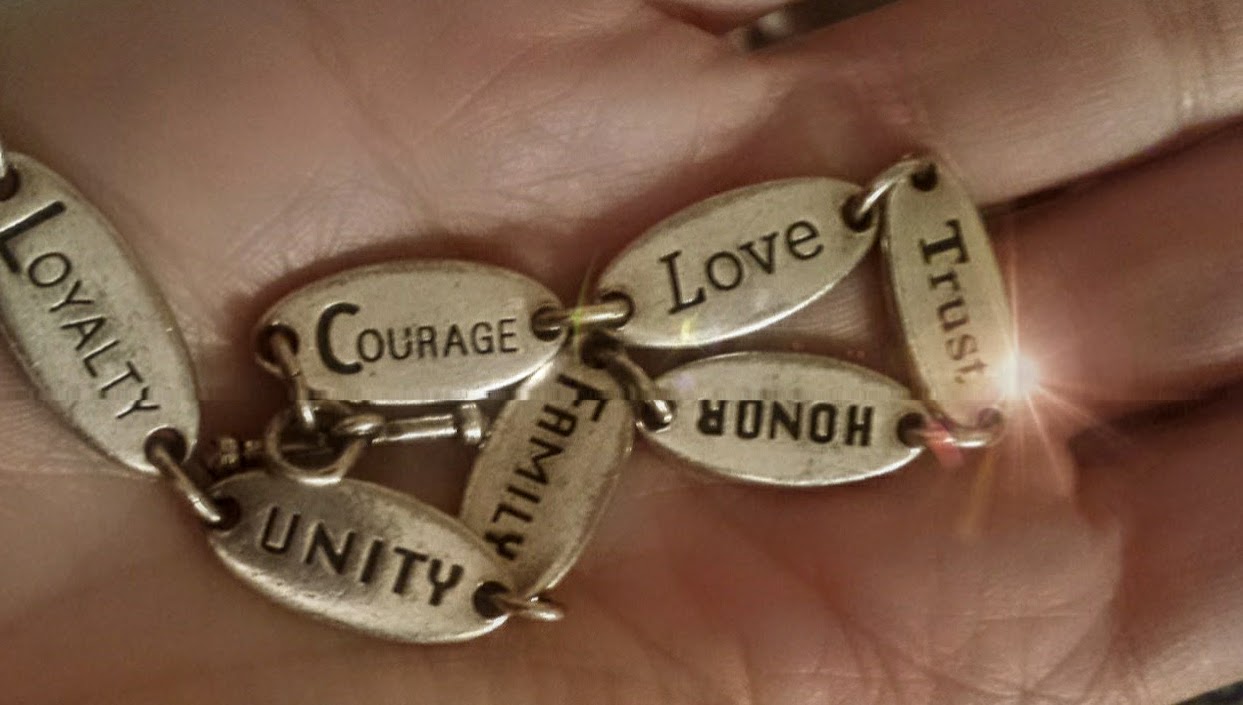
Your spouse may have betrayed you. Your spouse’s lawyer may be untrustworthy. And your brain may feel like a traitor. So who can you trust during divorce?
Only you know who you are, what you like, and what you can’t live with or without.
Even if you are working with a mediator or attorney, you are the ultimate ‘decider’. You need to be able to make important decisions like whether to accept or counter your spouse’s settlement offer and/or whether to go to trial. If you loathe conflict and shut down in the face of it, you need to be able to acknowledge this and use it to make your best choices, which in this scenario, could be to avoid hearings and a trial if possible.
You also probably know your spouse better than anyone else involved in your divorce (e.g. attorneys, mediator, judge) so it will fall on you to explain anything that could affect your divorce. For example, if you know that your spouse negotiated a confidential severance after embezzling from his/her employer, you are the one who will need to raise the issue of veracity if it is relevant and it often is even in our No-Fault state of California.
Without a doubt, you have a heavy cross to bear when it comes to making decisions in your divorce. Most of the questions you must answers and decisions you must make will be about the most important aspects of your life like, where to live, how to co-parent and how hard and long to fight for what you need or believe in.
You may think most of the decisions in divorce fall on attorneys, but they do not. It is an attorney’s job to know and identify your options, but ultimately you must decide what to choose. If you choose to go to trial, then it becomes the attorney’s’ job to make a number of decisions in order to prepare and take your case to trial. But again, you must make almost all of the decisions in divorce.
So how can you trust yourself to make difficult decisions in your divorce?
I believe the answer to this question will differ from person to person, but I suspect these excerpts from Jon Kabat-Zinn‘s book “Wherever You Go There You Are: Mindfulness Meditation in Everyday Life” may be helpful to all.
Part of mindfulness practice is to cultivate a trusting heart. Let’s begin by looking deeply into what we can trust in ourselves. If we don’t immediately know what there is to trust in ourselves, maybe we need to look a little deeper, to dwell a little longer with ourselves in stillness and in simply being. If we are unaware of what we are doing a good deal of the time, and we don’t particularly like the way things turn out in our lives, perhaps it’s time to pay closer attention, to be more in touch, to observe the choices we make and their consequences down the road.
Perhaps we could experiment with trusting the present moment, accepting whatever we feel or think or see in this moment because this is what is present now. If we can take a stand here, and let go into the full texture of now, we may find that this very moment is worthy of our trust. From such experiments, conducted over and over again, may come a new sense that somewhere deep within us resides a profoundly healthy and trustworthy core, and that our intuitions, as deep resonances of the actuality of the present moment, are worthy of our trust.
Jon Kabat Zinn is the founding Executive Director of the Center for Mindfulness in Medicine, Health Care, and Society and Stress Reduction Clinic at the University of Massachusetts Medical School. He is a Professor of Medicine emeritus at the University of Massachusetts Medical School and teaches mindfulness and Mindfulness-Based Stress Reduction (MBSR) around the world. He received his Ph.D. in molecular biology from MIT in 1971 in the laboratory of Nobel Laureate, Salvador Luria.
I first read Jon’s book Wherever You Go There You Are in 1997 when I was making decisions about ending my marriage, changing careers, and moving. I recently opened it again and landed on the chapter entitled “Trust”.
I hope Jon’s wisdom serves you as you make a multitude of difficult decisions in your divorce and enables you to trust yourself to make the best choices.